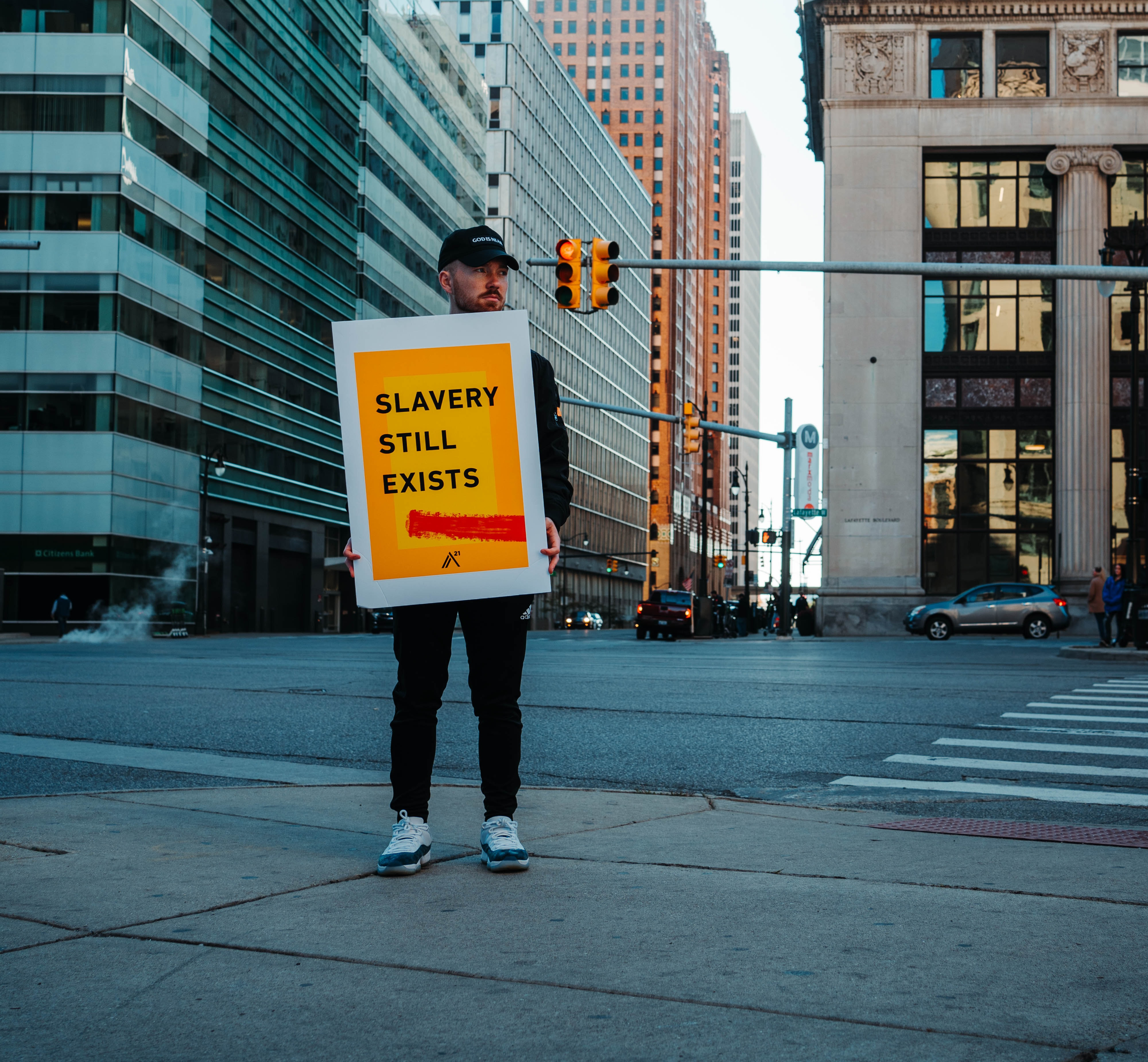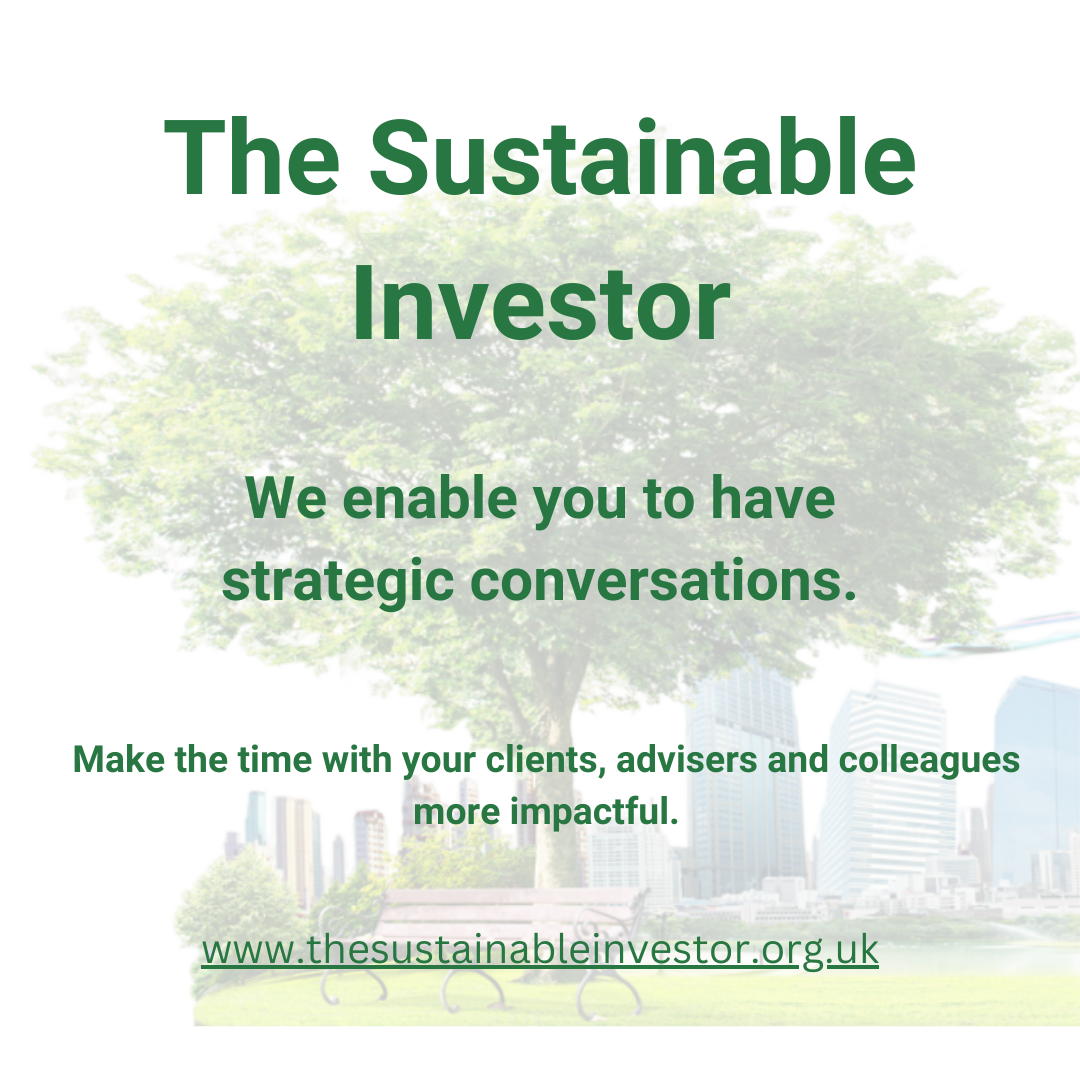
Are we doing enough about modern slavery?
The ILO and the IOM estimate there are 50 million people in situations of 'modern slavery'.
Summary: The ILO (the International Labour Organization), the IOM (The International Organization for Migration) and Walk Free have released a new report estimating that there are 50 million people in situations of "modern slavery" on any given day, which translates to nearly one of every 150 people in the world. More than half of all forced labour happens in wealthier countries in the upper-middle or high-income bracket.
Why this is important: Through the adoption of the Sustainable Development Goals (SDGs), the global community has committed to ending modern slavery among children by 2025, and universally by 2030 (Target 8.7). Breaches can have a financial dimension too for businesses.
The big theme: What is now widely known as modern slavery is rapidly becoming the next big ESG investing theme. Many investors allocate to ESG funds because they want their investing to align with their values, and they expect statements of intent to be followed up with action. Plus, it’s now becoming a legal issue. Countries are increasingly implementing the United Nations Guiding Principles on Business and Human Rights into national legislation, making companies responsible for human rights abuses in their supply chains. And hence courts are increasingly getting involved.

The details
Summary of a story from ILO:
- The ILO (the International Labour Organization), the IOM (The International Organization for Migration) and Walk Free have released a new report estimating that there are 50 million people in situations of "modern slavery" on any given day, either forced to work against their will or in a marriage that they were forced into. This number translates to nearly one of every 150 people in the world. The estimates also indicate that situations of modern slavery are by no means transient – entrapment in forced labour can last years. And, in most cases forced marriage is a life sentence.
- The UN's labour organisation stressed that slavery is not confined to poor countries far away from the Western world - more than half of all forced labour happens in wealthier countries in the upper-middle or high-income bracket. They estimate that about 27.6 million people are in forced labour, of which women and girls make up 11.8 million. The total set out includes 3.3 million children, with more than half in commercial sexual exploitation. And sadly, the situation is not improving.
Let's take a look at why this is important...
Why this is important
- The 2021 global estimates show that millions more men, women, and children have been forced to work or marry in the period since the previous estimates were released in 2017. Through the adoption of the Sustainable Development Goals (SDGs), the global community has committed to ending modern slavery among children by 2025, and universally by 2030 (Target 8.7).
- This report underscores the scale of the challenge facing the global community in the short period remaining to meet these ambitious targets. This is despite the surge in investments being channelled into ESG funds. We can see this issue becoming an ESG touchstone, with sustainability focused clients looking to their asset managers to undertake more and sustained engagement. They will increasingly be looking for impact, clear and concrete outcomes, with policies actually being turned into action on the ground.
- Plus, this is no longer a values-based issue, breaches can also have a financial dimension. Moves such as the upcoming German supply chain law (Lieferkettengesetz) mean that companies will need to “perform various due diligence procedures in order to monitor, prevent and ameliorate potential human rights abuses in their supply chains.” And courts are increasingly willing to impose a common law duty of care on parent companies for the wrongful acts of their international subsidiaries.
- The rise in numbers of people in modern slavery is due to an increase in the use of forced labour and exploitation in the private sector. This suggests that there are a number of things which are NOT being done in terms of due diligence with regard to exploitation, meaningful community engagement, living wages, ensuring non-discrimination.
- Some actions such as protecting people from hazardous work or creating a policy around living wages, parental leave or protection from abuse and discrimination, can be accomplished on a relatively short timeline. But addressing the more engrained societal root causes around poverty, lack of education, lack of access to health care, as well as creating effective internal mechanisms to address complaints, encourage whistleblowers, and provide appropriate redress, need to have a longer-term focus. This is going to take a lot more resource, with material inputs from subject experts. It will no longer be ok to rely on companies self-reported actions. One question this raises is how this will fit into a passive or quant-based model of fund management.
- Finally, the term "modern slavery" legally means very little, and its use can actually be quite problematic, although we understand its power as an advocacy tool. Our preference is that investors use the definition of forced labour as set out in the ILO Forced Labour Convention, 1930 (No.29), which refers to “all work or service which is exacted from any person under the menace of any penalty and for which the said person has not offered himself voluntarily.”
Something a little more bespoke?
Get in touch if there is a particular topic you would like us to write on. Just for you.
Contact us
Please read: important legal stuff.

